|
Many people think of values as guidelines for living life or conducting business. Your values are what you believe are important in life. They serve as a filter for the decisions you make and the things you do. You can use values to set goals, make decisions, and live a more fulfilling life. When it comes to business, your values can guide you in choosing the right clients, suppliers, and partners. They can also help you build a positive company culture. Let’s take a closer look at why values are so important. Why Values Are Important Your values are important because they are a part of who you are. They shape your thoughts, emotions, and actions. You use them to make decisions about what is right and wrong, what is acceptable and unacceptable. When you live according to your values, you feel good about yourself and the things you do. You have a sense of purpose and direction. Values can also give you a sense of belonging and community. When you share your values with others, you develop relationships with like-minded people. In business, your values can guide you in making decisions about the products or services you offer, the pricing of your products or services, how you treat your employees and customers, and other aspects of running a business. When you live by your values in business, you attract clients who share your values. This creates loyalty and repeat business. Your values also help you build lasting relationships with suppliers, vendors, and other partners. How to Develop Your Values If you’re not sure what your personal or professional values are, there are a few exercises you can do to develop them. One exercise is to think about times when you’ve felt really good about yourself or what you’ve done. What were the circumstances? What did you do or say? What did others do or say? This will give you some clues about what might be important to you. Another exercise is to imagine yourself 10 years from now looking back on your life or career. What would make you proud? What would make you happy? This will help you identify the areas of your life that are most important to you. You can also take an inventory of the people who are important to you—family members, friends, co-workers—and think about the qualities they have that make them valuable to you. Do they have similar qualities? This can give you some insight into what qualities might be important to you as well. List of Values If you're still stuck, choose 10 words that resonate with you from the list below, then cut it down to 5, then cut it down to 3. This might be difficult - but go with your gut!
0 Comments
You may have heard that practicing gratitude can improve your well-being and relationships, but did you know that there is actual science to support these claims? Countless studies have shown that gratitude has a number of benefits for both mental and physical health. Here are just a few of the ways in which gratitude can change your life for the better. Gratitude improves physical health. One study published in Behaviour Research and Therapy found that participants who kept gratitude journals reported fewer health complaints than those who did not. Another study looked at older adults with chronic pain and found that those who wrote about things they were grateful for experienced less pain and fatigue, slept better, and had more energy than those who did not practice gratitude. One study found that grateful people were more likely to take care of their health, exercise regularly, and eat a healthy diet. Another study found that gratitude is linked with lower blood pressure and a reduced risk for heart disease. Gratitude strengthens relationships. In one study, participants were asked to either express gratitude to their partner or request something from their partner. Those who expressed gratitude reported feeling closer to their partner and more satisfied with their relationship than those who made a request. Gratitude also improved relationship satisfaction among couples dealing with PTSD. In another study, participants who wrote about things they were grateful for experienced increased social connectedness. Gratitude Can Improve Your Mental Health If you’re struggling with anxiety or depression, gratitude can help. Expressing gratitude has been shown to decrease depressive symptoms and increase levels of happiness and well-being. Gratitude can also help you cope with stress in a healthier way by increasing your resilience in the face of adversity. Gratitude enhances well-being. Writing about things you are grateful for has been shown to increase levels of happiness and life satisfaction, as well as reduce depression. One study found that participants who kept a daily gratitude journal reported higher levels of positive emotions, optimism, vitality, alertness, and determination, as well as less anxiety and depression. Another study found similar results in adolescents. Not only does gratitude make you feel good in the moment, but it also has lasting effects on overall happiness and life satisfaction. Gratitude Can Help You Achieve Your Goals If you’re working towards a goal, be grateful for what you have – even if it’s not what you ultimately want. This can help you achieve your goal because gratitude creates a sense of abundance, which in turn motivates you to keep pursuing your goals. Additionally, research has shown that people who are grateful are more likely to reach their goals and feel increased satisfaction when they do. The science is clear: gratitude has a number of benefits for both mental and physical health. So if you want to improve your relationships, sleep better, feel less pain, have more energy, or just be happier overall, start practicing gratitude today! You may just find that it changes your life for the better. This Holiday season, take the risk and go for the gratitude that scares the shit out of you. Most of us *think* about the things we are grateful for. That's great - but there is a deeper and more fulfilling experience to have if you're willing to take the risk to experience it. Many people report that when they focus on what they are grateful for, this automatically generates a fear that they will lose those things. This, in turn, causes many of us to avoid gratitude - consciously or unconsciously. We think that if we hold back just a little bit, we can be saved from the future pain of possible loss. But loss is part of life, and living a little less fully doesn't save you from it. In fact, research shows that gratitude actually helps us cope with crisis. As we cultivate a gratitude practice, a psychological immune system forms that helps to cushion our fall when we encounter adversity. There is scientific evidence that grateful people are more resilient to stress, whether minor everyday hassles or major personal upheavals. I'll bet that there is something - or many somethings - that if you allow yourself to really FEEL your gratitude for it, you will cry like a little baby. You will shake, you will shiver, you will be brought to your knees. You will be humbled, frightened, elated, ecstatic, startled, in-awe... raptured. This is gratitude from the soul. This is the kind of gratitude that wakes the Universe up and puts Her at your command. It moves obstacles in your life and opens doors. This soul-shaking experience of gratitude is your 'magic beans' and your pair of 'ruby slippers', and the more you practice it, the easier it is to live from this space allowing more 'magic' to seep into your everyday. Taking the time to focus on the subtler treasures of life - such as a fresh breeze, a breathtaking view, a stranger's beautiful facial expression, or a blooming plant - takes life to a new level of fulfillment a pleasure. Once you learn to cultivate it - you'll never go back. Life passes us by, and the magic of the present moment often eludes us. As humans, we miss out on opportunities to connect with humanity, savor our lives, and recognize all we are grateful for and appreciate. Happy Thanksgiving week to each of you, and may you each find a million moments this week to experience awe & gratitude for:
Happy Thanksgiving. And just for fun, one of my favorite videos about gratitude: Do you want to start a business? Great! Entrepreneurship is an amazing journey, and it is one of my great passions. Download the free Business Plan Basics worksheet to work alongside the information in this blog, and get ready to bring your vision into reality! I am a third generation entrepreneur and I’ve owned 4 successful small businesses of my own. Small business offers rewarding hard work, a connection to what you love, and (if it is done right) financial abundance. The first step in moving from employee to entrepreneur is to assess if this is the right move for your unique personality and lifestyle. (Click here to schedule a free 60 min assessment with me!) After you've decided that entrepreneurship is right for you, here is an outline of action steps for starting your small business, plus you'll find a ton of free tools and resources here. Define your mission Gain absolute clarity on what you want to offer, who you want to serve, how you are going to serve them, and what you are going to charge for those services. I’ve created a worksheet (click here) to help you if you’re still fuzzy on some of these details. Crunch your numbers This should be done in-depth as part of your business plan, but my experience is that a large percentage of people start (and run) their businesses without ever having a business plan. This isn't advised - even if your business is doing "pretty good" - it could be better if you took charge by developing a business plan. However, even if you're not going to develop a full business plan, you must at least crunch some basic numbers to see if your business idea is feasible. I’ve seen a plethora of businesses fail just because there was a lack of awareness on this subject. First, find out what your overhead is by adding up all your expenses (including what you plan to pay yourself). Then, figure out how much of your product or services you’d need to sell to cover that expense. For example, say you want to open a popcorn store. If your overhead is $6,000/mo and you are selling popcorn for $15/bag, you’d have to sell 400 bags of popcorn a month just to cover your expenses (not to make a profit). You can dig deeper into cost analysis (including your personal budget and how that relates to a beginning entrepreneur) in my Employee to Entrepreneur course. Download a free budget template here. Get Feedback/Do Market Research This can begin in really simple ways. Talk to your friends about your idea for a product or service, and research the industry and other businesses that are offering a similar service. While you don't want to give your idea away, you can ask questions of the public community (Facebook Groups, Reddit, etc) to understand your market better. The Small Business Development Center is a great resource for vetting your idea............. If you still feel good about your idea after doing this preliminary research, you can begin to dig deeper. I've written a blog on how to do that here. Decide on your business name Your business name should be something that resonates with you and will be easy to brand. Many people just use their name, some people use a cute play on words, and others choose a word that has deep meaning for them. I suggest tossing around ideas with friends, and doing some internet research and make sure no one else is currently using this name, or a name that is too similar. I know several different business that had to change their name years into owning and operating their business because another business had that name before their start date. Do your homework! First, type your desired name into your favorite search engine and seeing if any other businesses come up. If that passes, go to the second stage, and check the US Trademark Office by typing in your desired business name. Finally, check with your Secretary of State to see if there are any businesses registered in your state with the name you want to use. For Oregon, you can find that information here. For other states, a quick Google search will find you the website you need. Secure your URL URL stands for Universal Resource Locator, but really it just means your website address. You can see if the URL you want is available by going to www.godaddy.com. Remember that your URL should be something short and easy for people to remember and type into a search engine. Double check that your name doesn’t accidentally say something that you don’t want it to. For example, the company “Who Represents” unintentionally becomes www.whorepresents.com. For more URL fails, click here. Decide if you want a logo or image to represent your business You don’t have to have a logo, but it can help people recognize your business and it can evoke a powerful feeling in your prospective clients. It’s also helpful to use in marketing and branding. You can make this yourself, have a friend help, hire a professional branding company, or use an online service. If you are going to design the logo yourself, make sure that you don’t use images from the internet unless you purchase them with rights to use them. If you're looking to create your own logo, I recommend using Canva. If you are going to select an online service, I suggest Tailor Brands or Fiverr. If you're looking to reinvest your money in your local community, use Google to find a company in your home community that matches your needs. In Bend, Oregon where I live, I highly recommend Chad DeWilde and Adele Ditman. I also help clients out with logo development from time to time, but it is not my expertise. Decide on a business structure Next, you need to establish your business as Sole Proprietorship, Partnership, Corporation, Limited Liability Company or S-Corporation. You can read more about these business types here. The easiest and cheapest to start is the Sole proprietorship. Barbara Weltman, a tax and business attorney and author of such books as J.K. Lasser’s Small Business Taxes says. “As long as you are the only owner, you automatically become a sole proprietorship by conducting business.” However, you still might have state and city laws to comply with. Register your business in your City Establish your business in the city where you live and work. You can Google to find out how. Usually, there is a small free $50-$100. For Bend, Oregon, you can register your business here. Register your business with your State Establish your business at the State level. You can Google to find the specific website in your state, for Oregon, you can click here. Usually, there is a slightly larger fee ($100-$200). Register your business with the IRS Depending on how you establish your business, check with the IRS about any paperwork you need to file. If you will have employees, you will need to do further work with the IRS (like getting an EIN #). If you are just opening a Sole Proprietorship (recommended for any small or home-based business), you can just use your social security number and to your personal and business taxes together. *Note - there are businesses that will handle your business registrations for you. If you'd like to pay for this service, check out Legal Zoom or Zen Business. However, I have found these registrations very easy, and my guess is that you'll be able to do this on your own without any problems. Trust yourself. If you're already a client of mine, I can walk you through this process via screen share during a Zoom session. Purchase Business Insurance Even Sole Proprietors need general liability insurance because they are personally liable for all debts and obligations of the business. Different types of businesses need different types of insurance, so talking to an insurance professional is advised. When I first started my business, I just added my business insurance onto my GEICO plan with my auto insurance. It’s really simpler than you think. Get a Business Email There is a plethora of ways to do this. Some people choose to just get a free Google email like [email protected]. You can also usually get and @yourbusinessname email hosted with your website. GoDaddy, recommended above, does that for a very reasonable rate. Open a Business Bank Account(s) Choose a Bank or Credit Union to establish your business at. I’d suggest calling around or researching online to find our what requirement various banks have and the services they offer. After you’ve made a selection, make sure to ask them what paperwork you’ll need to bring into open your account. Most banks will need a copy of your business license, or something similar. Secure a Location for your business If you are going to start a home based business, then you need to set up a space where you can work, purchases a file cabinet where you can keep all your documents and create a system where you can stay organized with your business tasks. I’ve met many business owners who skipped this step and ended up missing out on opportunities because of it. For example, keeping (and documenting) all your recipes for business purchases will help you write off those expenses at tax time. If you are going to rent an office or a retail location, there is an entire other list of steps (not included here, but visit my blog for more information). Establish a Business Phone Number If you are going to have a business-only phone, now is the time to sign up for new service. Most business owners I know these days just use their cell phone. In this case, make sure to change the outgoing message on your phone to reflect your business, and make it sound professional. Google Voice is an incredible free service that allows you to get a 2nd number and import it to your cell phone. This is a good idea so that you can keep your business calls and personal calls separate. Build a Website Any business in this day and age MUST have a website. You can hire someone to build your website, or you can build your own using one of the many applications available online. I personally like Weebly (www.weebly.com). I find it easy to use, and I love being able to update it whenever I want to without having to go through a third party or a website designer. You can direct your website to any url(s) you buy (above). Make sure that you fill in the back SEO part of each page on your website. For clients coaching with me or taking my employee to entrepreneur course, we can build your website together using Zoom during our session time. List your Business with Search Engines Google Business Yahoo Business Bing Places for Business List your Business on FREE Referring Sites This helps drive more traffic to your site. Make sure that you have a solid bio rich with key words and that all your information (address, phone, etc) is accurate and matches on each of the referring sites.
Create your Social Media Profiles · YouTube · Google+ · TikTok Create Printed Materials At the very least, you will need business cards. Depending on your business you might also want to create posters or brochures. Vista Print is an inexpensive easy way to get started. Communicate Locally This is where you are going to go out and sale yourself. Many entrepreneurs find this to be the most difficult task. In order to sell yourself, you have to believe in yourself. You have to be confident, clear and comfortable with your products, or services and what you charge for them. People can feel your energy, and it is important that you are aligned (thoughts, emotions, and actions). If this is an area where you struggle, you can work through your blocks in my employee to entrepreneur course. Once you are aligned, you can confidently and gracefully communicate with people who need your services. Tell your family and friends about what you are doing. Offer free courses or workshops relating to your business, identify people and businesses that could use your services and go talk with them. Drop of brochures and put up flyers. Go out and shine! Business is an expansive and exciting subject, and this blog has just begun to discuss the tip of the figurative iceberg. For a more in-depth exploration, read more of my blogs or join my employee to entrepreneur course. For more information, schedule a free consultation. We’ve all been people pleasers at one point or another in our lives. Whether it’s saying yes to an invitation we really don’t want to go to or going along with a friend’s bad idea, there are times when it’s easier to just go with the flow instead of standing up for ourselves. But what happens when people pleasing starts to impact our ability to achieve our goals? The Dangers of People Pleasing People pleasers often have trouble saying no. This can lead to us taking on too many commitments and stretching ourselves too thin. When we’re constantly trying to please others, we don’t have the time or energy to focus on our own needs and wants. As a result, our own goals and dreams can start to fall by the wayside. Continue Reading on Medium... We all have moments of resistance in our lives. Whether it’s resistance to change, resistance to new ideas, or just resistance to taking action, these moments can hold us back and prevent us from achieving our goals.
While resistance is a natural part of life, it’s important to remember that we always have a choice in how we respond to it. We can either let the resistance control us, or we can choose to let go of it and move forward. When we choose to let go of resistance, we open ourselves up to new possibilities and new opportunities for joy. Here are three reasons why letting go of resistance is key to finding more joy in life Finish reading this article on Medium It can be difficult to discern whether we are making a decision based on what we think or what we feel. In many cases, it is a combination of the two. However, there are some key differences between the two that can help us determine which is motivating our decision. The mind is rational and logical. It processes information sequentially and analyzes pros and cons. The heart is emotional and compassionate. It allows us to empathize with others and make decisions based on our values. Finish reading this article on Medium Your mission statement is a brief description of your company's purpose and goals. It should be clear, concise, and relevant to your business. While it may seem like a daunting task to write a mission statement, it doesn't have to be. By following a few simple tips, you can create an effective mission statement that will guide your business for years to come. 1. Keep it short and sweet. A good mission statement should be no more than one to three sentences. Any longer, and you run the risk of losing your reader's attention. 2. Focus on what you do best. Your mission statement should highlight what makes your business unique. What do you offer that no one else does? Why should customers choose you over your competitors? Answering these questions will help you zero in on your mission statement's purpose. 3. Keep it relevant. As your business grows and changes, so too should your mission statement. Periodically revisit your statement to make sure it still accurately reflects your company's goals and values. If not, make updates as needed.
We all know that feeling. It's the end of December, and we're reflecting on the year that was. We start thinking about all the things we didn't accomplish and how we want to change that in the coming year. And so, we make a resolutions list for the upcoming year. But then January comes, and we find ourselves struggling to keep our resolutions. Why does this happen?
The problem is that we often set resolutions that are too vague or too ambitious, and then we don't have a plan for how to achieve them. So, this year, let's change that! Here are some tips to help you prepare yourself to achieve your new year's resolutions. Feel The Vibe The number one thing that you can do to prepare yourself to slay your New Year's resolutions this year is to develop a wild, heart-pounding, burning YES! to pull you forward towards what you want. Let's face it - change is hard. It requires the FOUR D's: The Dream, The Discipline, The Discomfort, and The Dedication. Research shows that the people that are successful in achieving their goals are the people who are deeply connected to their dream. So, the first thing to do is connect with the story of your dream and feel the vibe of what you are creating for your future. Pick One Thing One of the biggest mistakes people make when it comes to New Year's resolutions is trying to take on too much at once. So, this year, pick one resolution and stick with it. Trying to lose weight, quit smoking, and start exercising all at the same time is likely to be overwhelming and will increase your chances of relapse. But if you focus on just one thing, you're more likely to be successful. Your dream life can be created by developing the ability to direct your full focus on one small area at a time. Get Smaller Your New Year's resolution should be something that you can realistically achieve. If your goal is too lofty, you're setting yourself up for failure. For example, if your goal is to lose 100 pounds, that may be unrealistic and could lead to unhealthy methods of weight loss such as crash dieting or over-exercising. Instead, try setting a smaller goal such as losing 10 pounds or slowly increasing your activity level throughout the year. It is better to say that you are going to walk around the block 1x per day and actually do it - then to say that you're going to work out for 2 hours 3x per week and never get around to it. Additionally, remember that self-trust is like a bank account, and you want to make sure that you're making more deposits than withdrawals. Be Aware Once you've set your goal and figured out how you're going to achieve it, it's time to create a plan. This plan should include specific milestones and deadlines so that you can track your progress and adjust the course if necessary. Without a plan, it's easy to get off track or become discouraged when you don't see results immediately. But with a plan in place, you can stay motivated and on track even when the going gets tough. Celebrate One of the key pieces to goal achievement that people often gloss over is celebration, but celebrating your success is key to keeping motivation. You see, when you celebrate yourself, your brain is flooding with the good hormones - the ones that make you feel invigorated, confident and motivated. So, when you set small goals, and celebrate yourself for achieving them, you hack your brain's natural chemicals and set yourself up for success. Making New Year's resolutions is a great way to reflect on the past year and set yourself up for success in the coming one. All too often, our well-intentioned resolutions fall by the wayside because we don't take the time to set ourselves up for success. This year, avoid these common pitfalls by feeling the vibe, picking one resolution, setting achievable goals, creating a plan for how you're going to achieve them, and celebrating yourself along the way. With these steps in place, you'll be well on your way to making this your best year yet! |
AuthorMindy Amita AislingAuthenticity EmpowermentLife Coaching for Big-Hearted Overthinkers & Entreprenerds🐲Own Your Weird
🌎 Change Your World ⬇️ DIY Courses 👩🏻💻1:1 RemoteCoaching Fully Accredited ICF Certified Mindy Amita Aisling, is a professionally trained and board-certified leadership, authenticity, and entrepreneur coach.
Mindy exceeds all requirements set forth by the International Coaching Federation (ICF) for Master Coach certification. Mindy is also a licensed mediator, communications coach, and conflict resolution practicer. As a mediator, she has worked both in private practice and as a court appointment mediator at her local county courthouse. Through her innovative approach, she assists clients in examining their limiting beliefs, questioning their assumptions about how the world works, and releasing the notion that they are anything less than perfect. As a result, individuals who work with Mindy cultivate the ability to stand firm in their beliefs, live authentically and decisively, and discover an experience of life that is easy and graceful. In 2021, Mindy founded How to Be Human and Entreprenerd. These programs have enabled her to share her wisdom and knowledge with a broader audience in service of her vision of helping others live authentic lives This, in turn, has empowered more individuals to lead their most TRUE and COURAGEOUS lives. When she is not working, Mindy can be found playing outdoors in the beautiful Pacific Northwest, creating art, spending time with friends & family, or with her nose deep in a book. You can sign up for her newsletter here. Archives
June 2024
Categories
All
ICF Certified Life CoachAffordable Online Life Coaching |



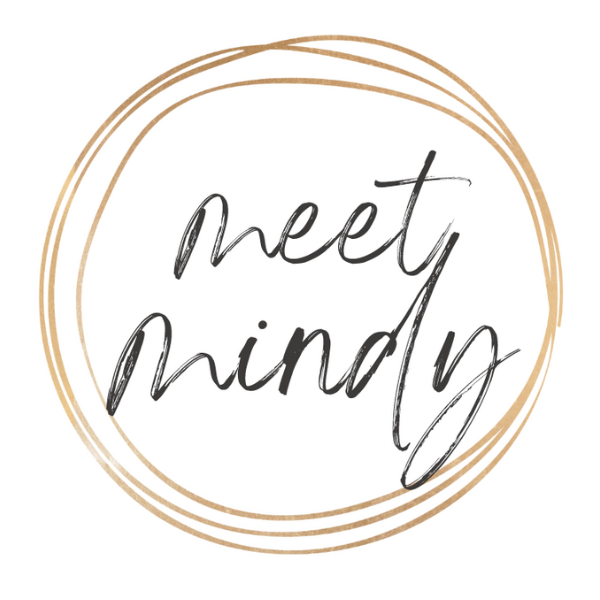
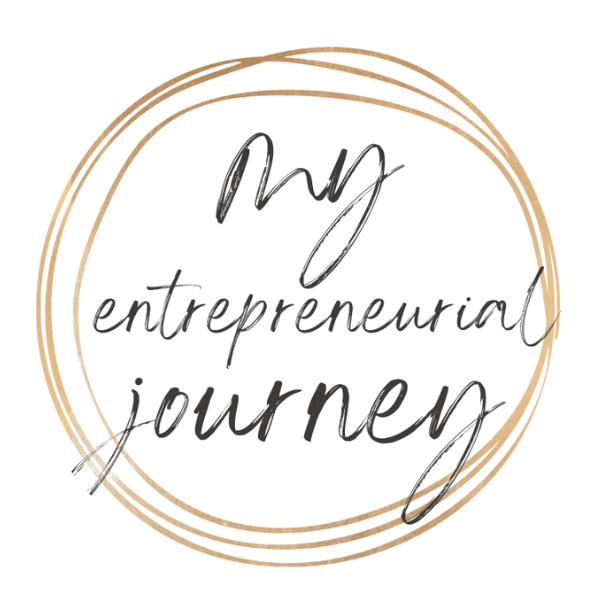

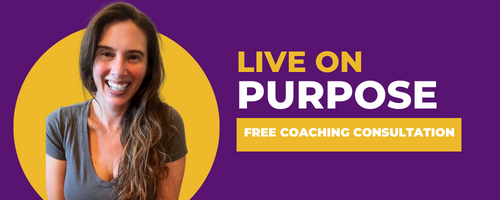

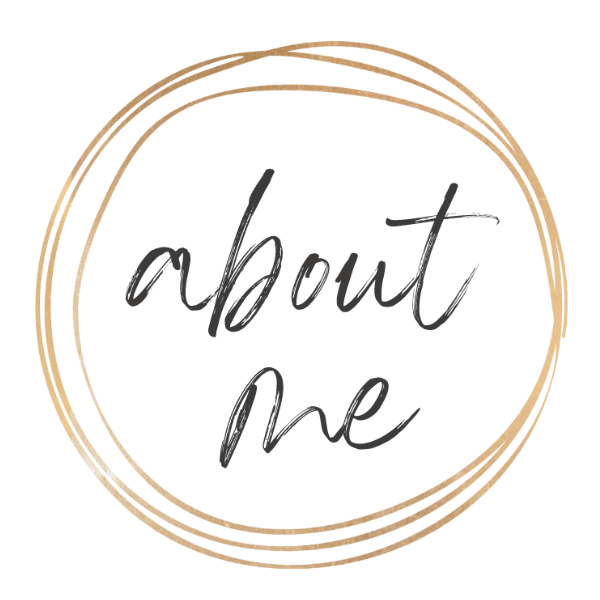
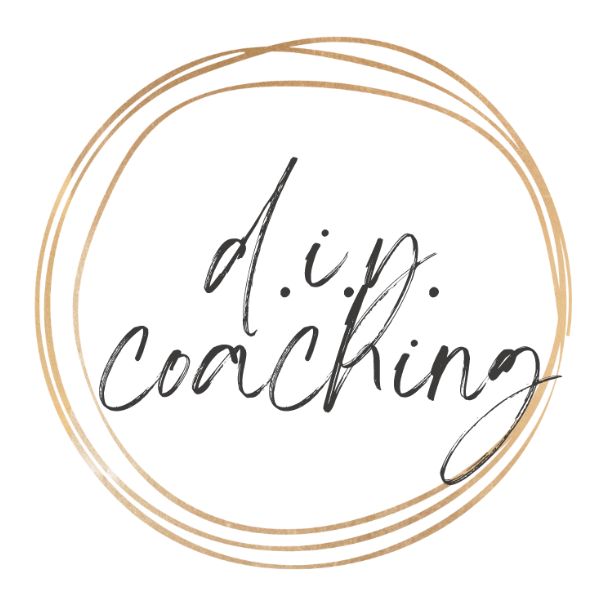
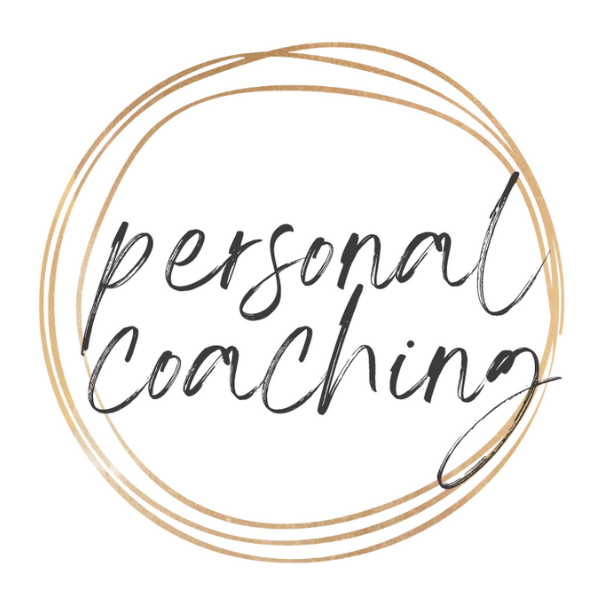

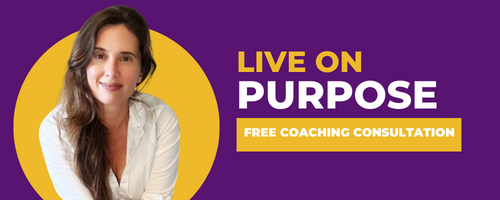





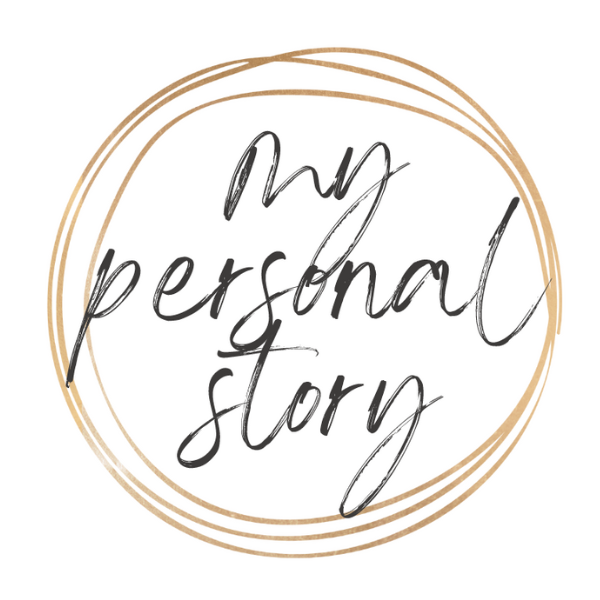


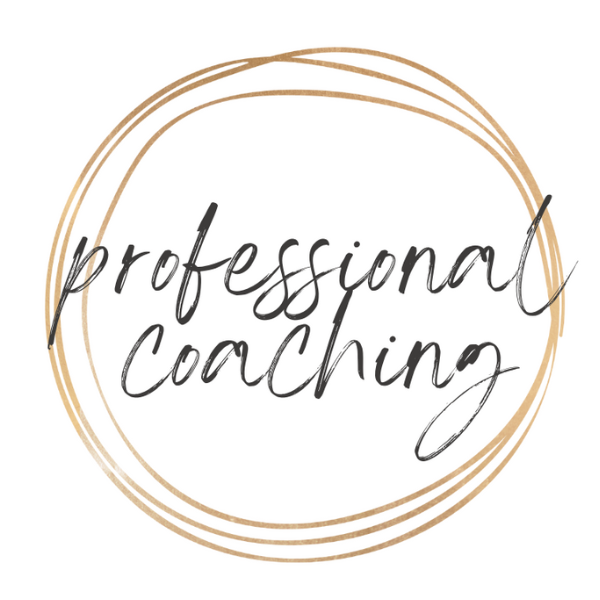
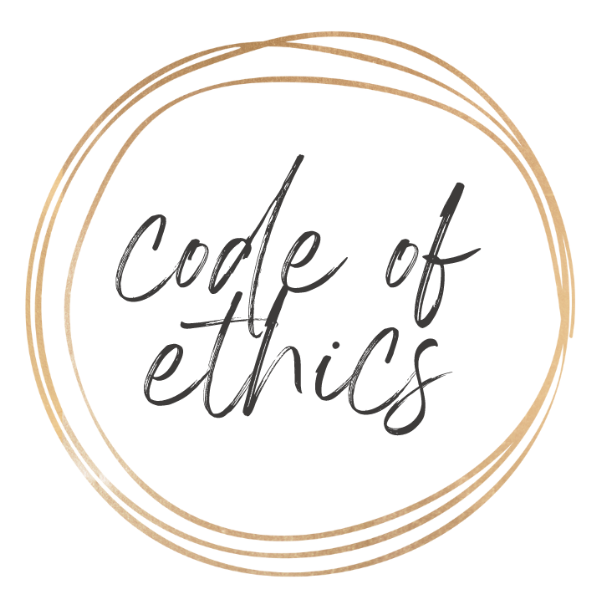
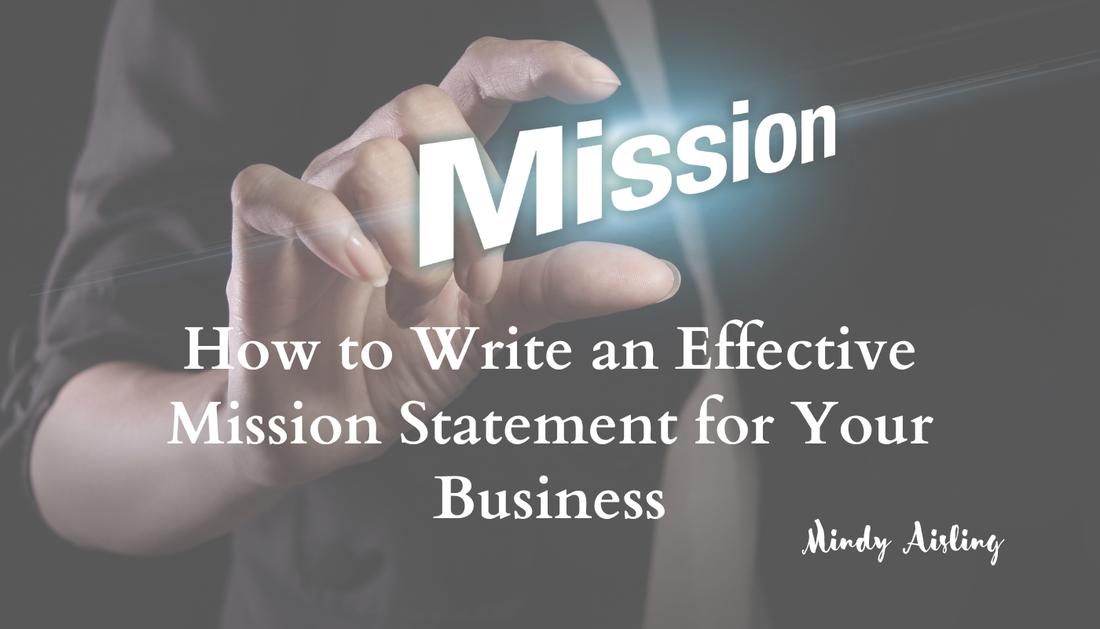
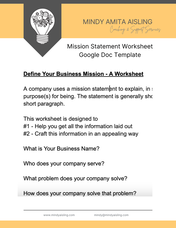
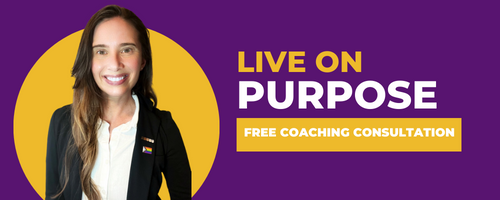
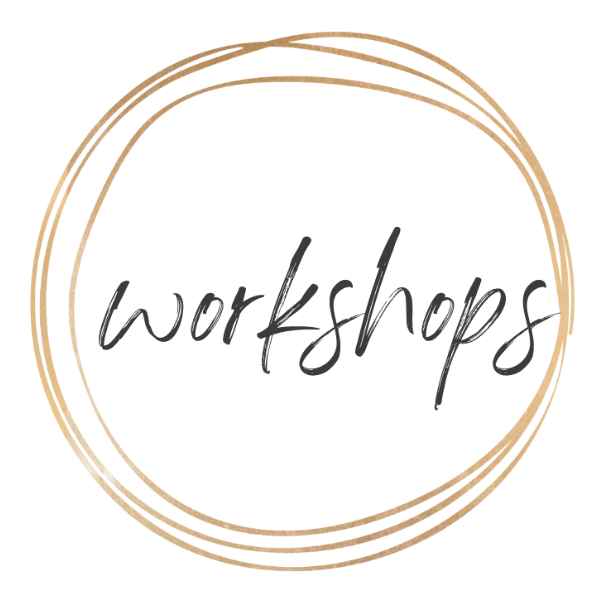
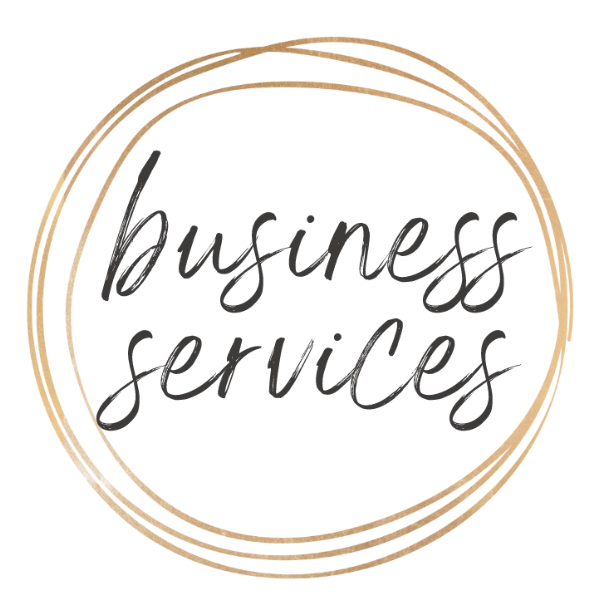

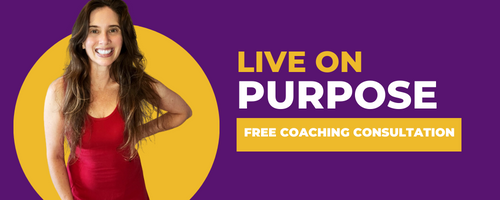

 RSS Feed
RSS Feed
